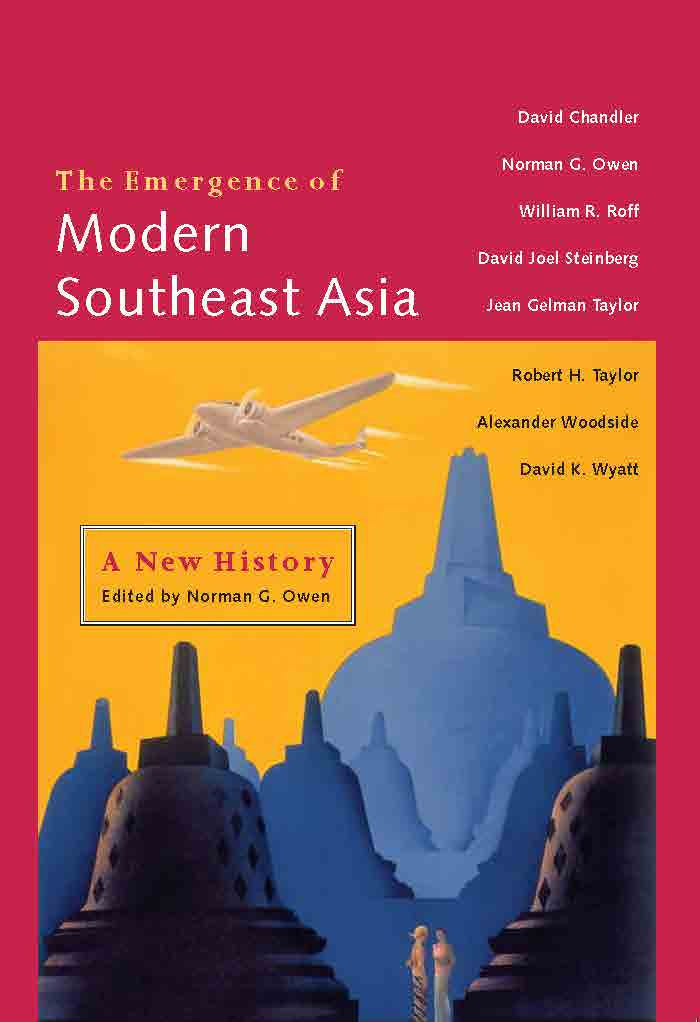The Emergence of Modern Southeast Asia: A New History
$42.00 SGD
The modern states of Indonesia, Vietnam, Thailand, the Philippines, Myanmar, Malaysia, Singapore, Cambodia, Laos, Brunei, and East Timor were once a tapestry of kingdoms, colonies, and smaller polities linked by sporadic trade and occasional war. By the end of the nineteenth century, however, several colonial powers had come to control almost the entire region only to depart dramatically in the decades following World War II.
The Emergence of Modern Southeast Asia offers a new and up-to-date perspective on this complex region. Although it does not neglect nation-building (the central theme of its popular and long-lived predecessor, In Search of Southeast Asia), the present work focuses on economic and social history, gender, and ecology. It describes the long-term impact of global forces on the region and traces the spread and interplay of capitalism, nationalism, and socialism. It acknowledges that modernisation has produced substantial gains in such areas as life expectancy and education but has also spread dislocation and misery.
Organisationally, the book shifts between thematic chapters that describe social, economic, and cultural change, and "country" chapters emphasising developments within specific areas. Enhanced by scores of illustrations, The Emergence of Modern Southeast Asia will establish a new standard for the history of this dynamic and radically transformed region of the world.
Norman G. Owen is formerly a Professor of History at the University of Hong Kong.
Publication Year: 2005
568 pages, 249mm x 178mm
ISBN: 978-9971-69-328-2, Paperback
NUS Press and University of Hawaii Press

